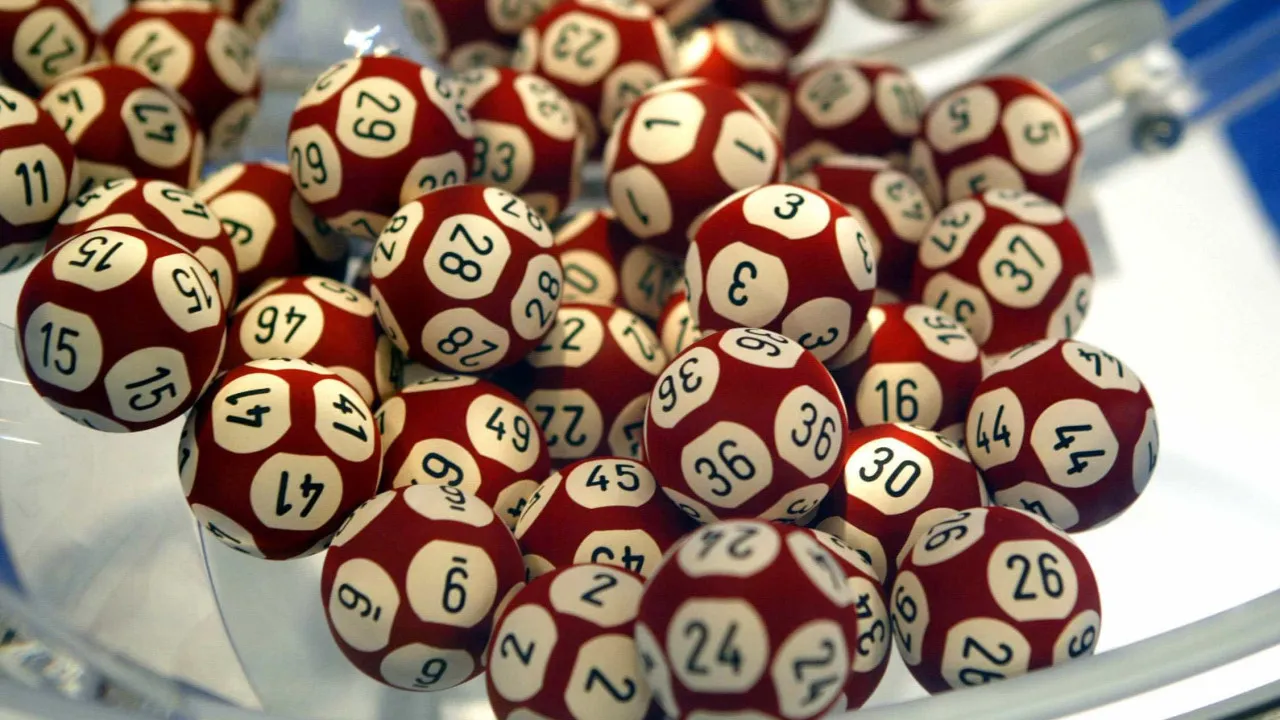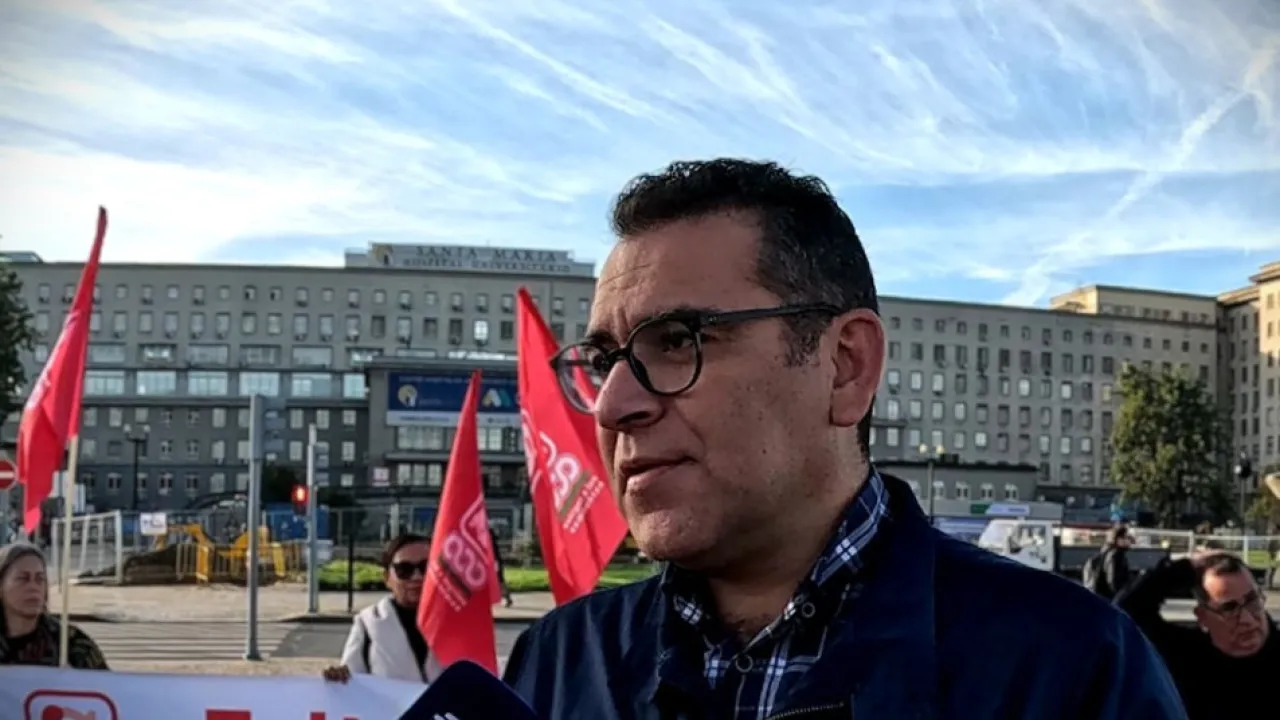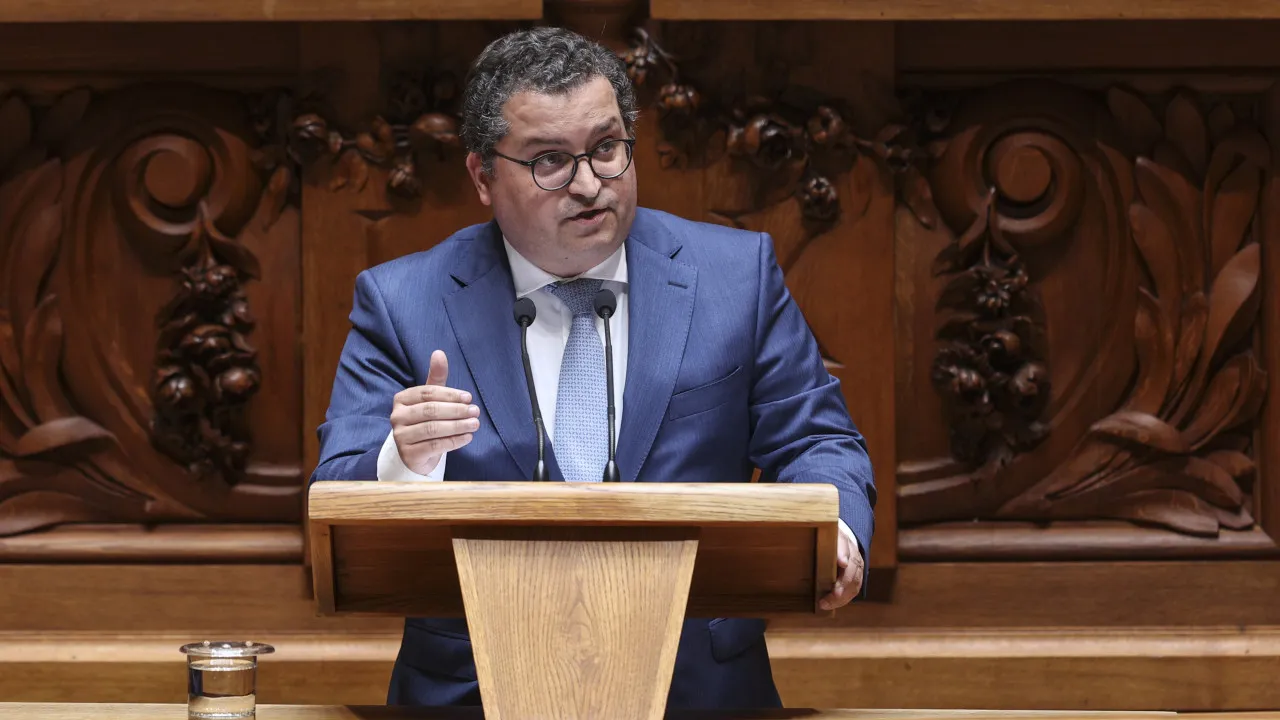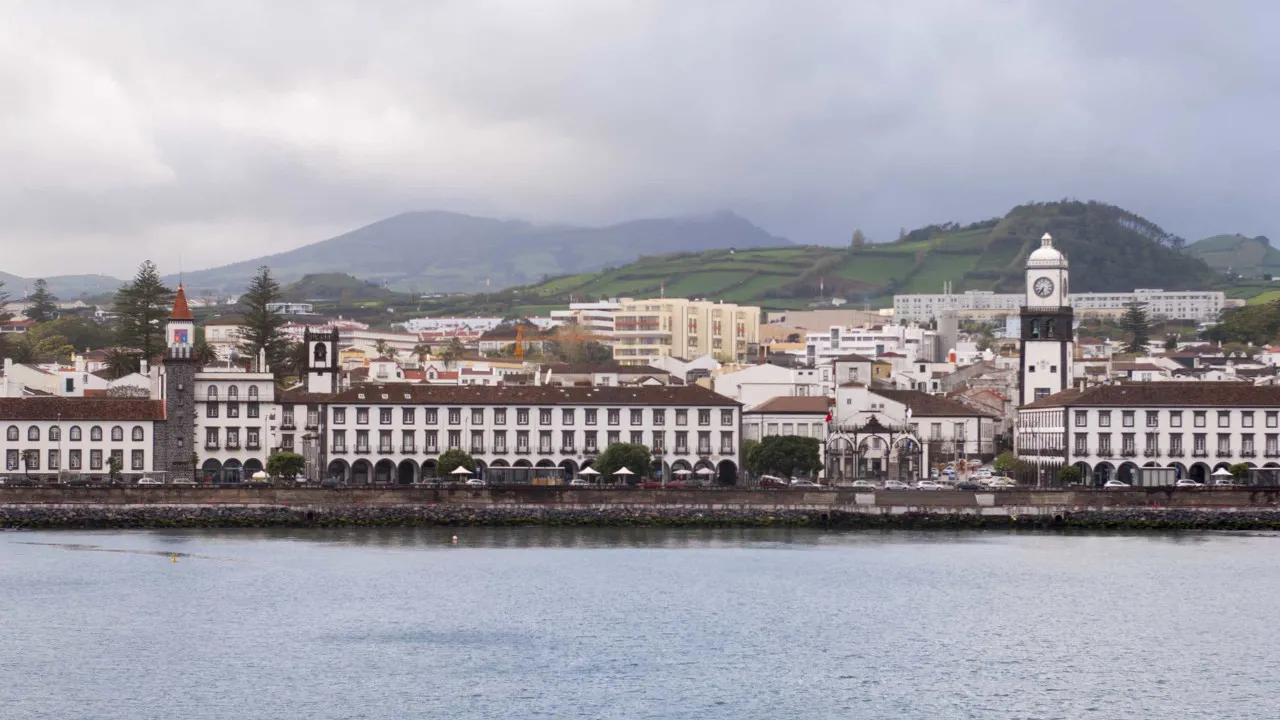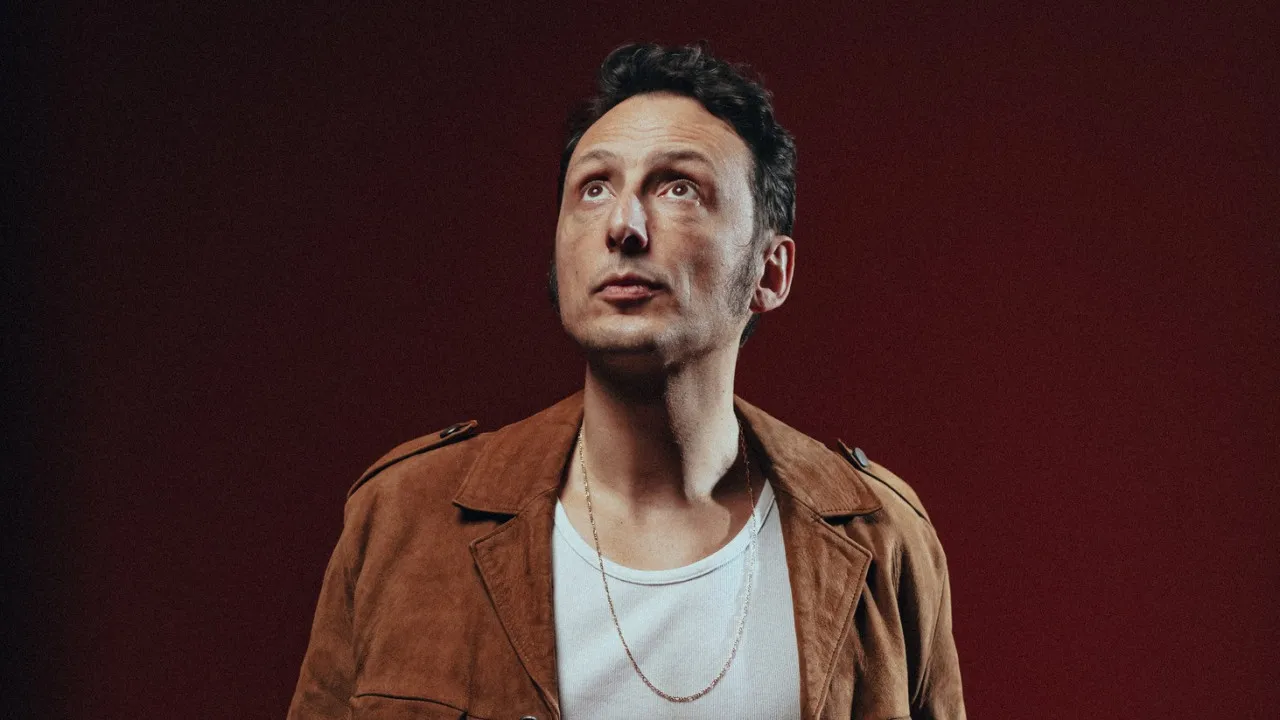
A marking its 11th year of activity, the program, promoted by the municipal company Ágora – Culture and Sports, establishes an ‘open call’ model, deepening the principles of democratization of cultural access, decentralization of artistic offerings, and civic engagement, as noted by Rui Silvestre, director of the Convergence Department at Ágora, during the program presentation held at the Museum of Porto – Reservoir, which included a performance by Samuel Úria.
Out of a total of 94 admitted applications, the jury selected 20 projects, including six community co-creations and 14 participatory creations, covering areas such as visual arts, curation, performing arts, music, literature, publishing, video, and public space interventions.
In this first phase, from May 23 to July 31, Cultura em Expansão presents 12 artistic projects with the participation of 10 local communities, totaling 28 public presentations in 11 different locations throughout Porto.
With its participatory nature, Rui Silvestre highlights “Memórias de um Corpo,” a creation by Balleteatro with the senior group from Monte Pedral Community Center that explores body memory and promotes intergenerational dialogue, involving students from the professional dance course.
Promoting collective pottery creation with strong ties to nature and territory, the project “Terracota que à terra volta” by Soalheira – Associação Social de Cultura Ambiental is another highlight of this first cycle.
The project, involving residents of the area and users from Asas de Ramalde – Campanhã branch, includes installations and sensory pathways, in an approach that combines art, ecology, and community, as detailed by the organizer.
Also highlighted is the TUP – University Theater of Porto performance “Um corpo é uma forma,” resulting from a reflection on public space occupation, housing, and social inequalities, focusing on the experiences of dissident bodies, developed in collaboration with the silentparty collective and city students.
In Campanhã, the play “Uma rua de cada vez,” by Mariana Correia Pinto with direction by António Durães and Luísa Pinto, reflects on the right to housing and daily resistance, based on a true story.
In Aldoar, another location for public presentations, the project “IRM_A” is co-created with Roma women and artists, sharing cultural practices in workshops, performances, and conversations. The initiative, artistically directed by Maria Gil, will integrate into the Nomadic Museum – Longo Drom and continue into the second semester’s program.
On June 26, the show “Maré” by the cultural cooperative Sons Vadios takes place, paying tribute to Portuguese fishing communities, combining traditional music, spoken poetry, and video.
As the program celebrates 11 years, Porto’s mayor, the independent Rui Moreira, reviewed this municipal initiative, emphasizing how it has democratized cultural access, promoting its “consumption among socially diverse audiences, offering activities and events in decentralized areas,” bringing culture “to everyone and everywhere.”
According to the mayor, since its inception, “the program has progressively increased its cultural offerings in different areas, with projects of various scales, spreading its activities and events across a growing number of city spaces,” reinforcing the executive’s belief that “when well-programmed, culture can break down barriers between people and capture highly diverse audiences.”

